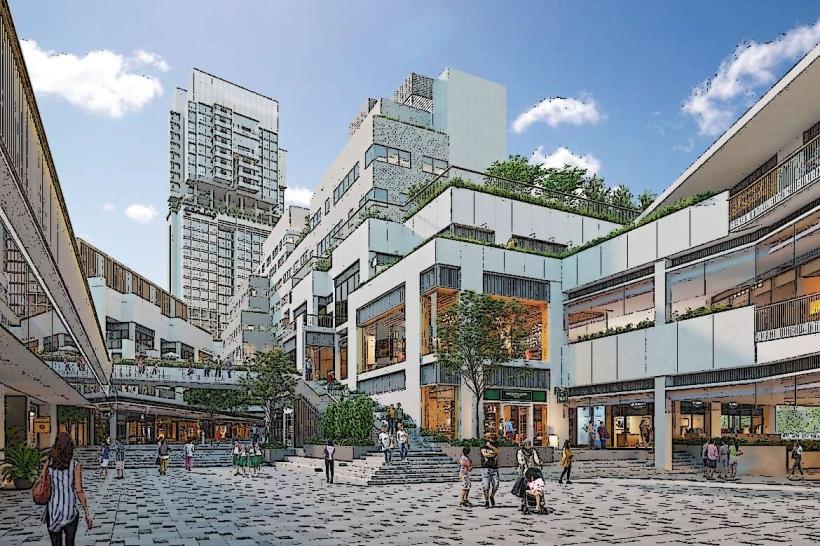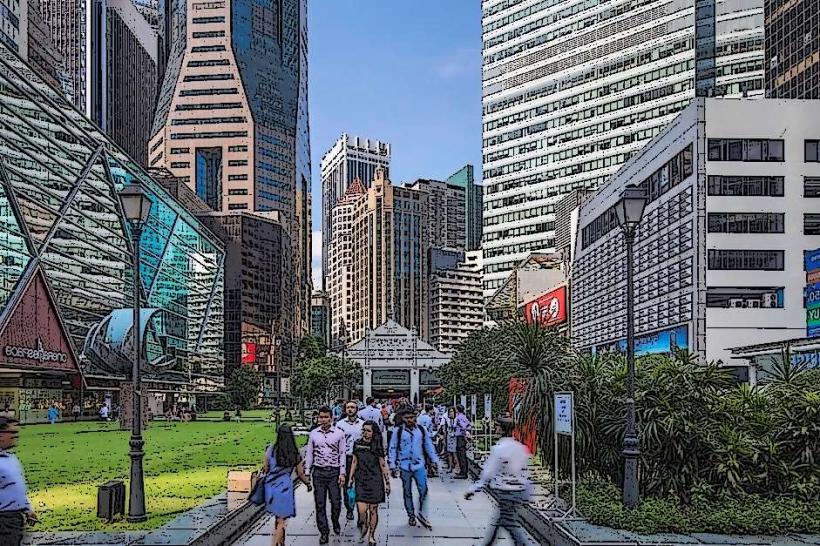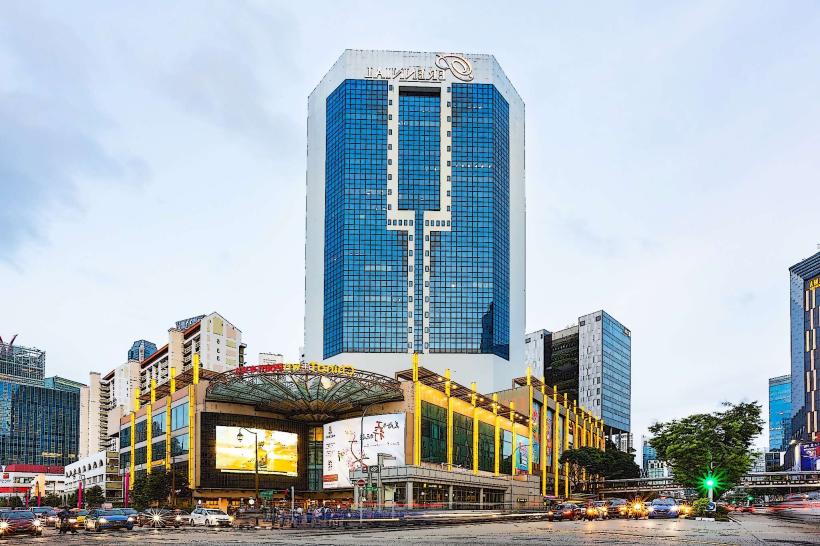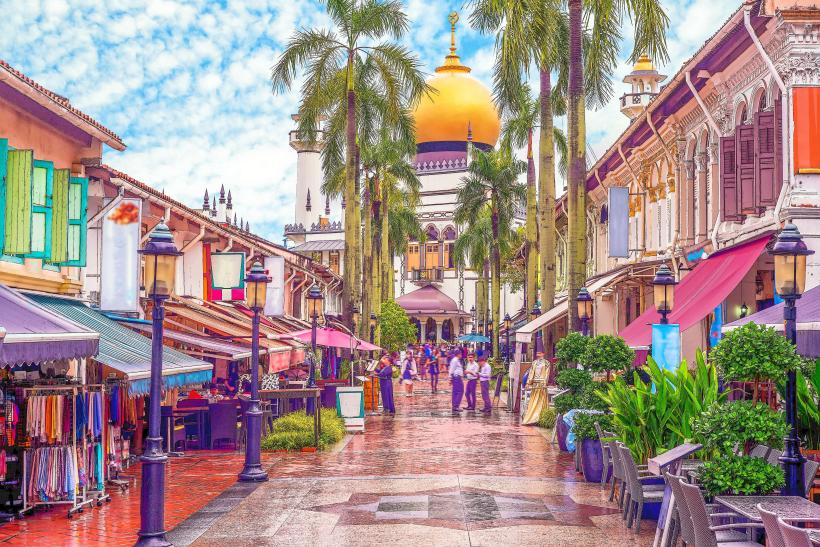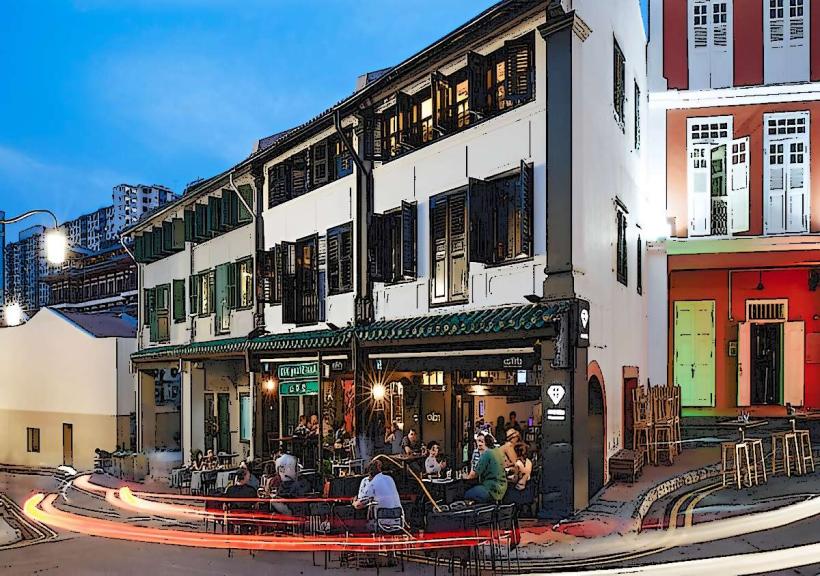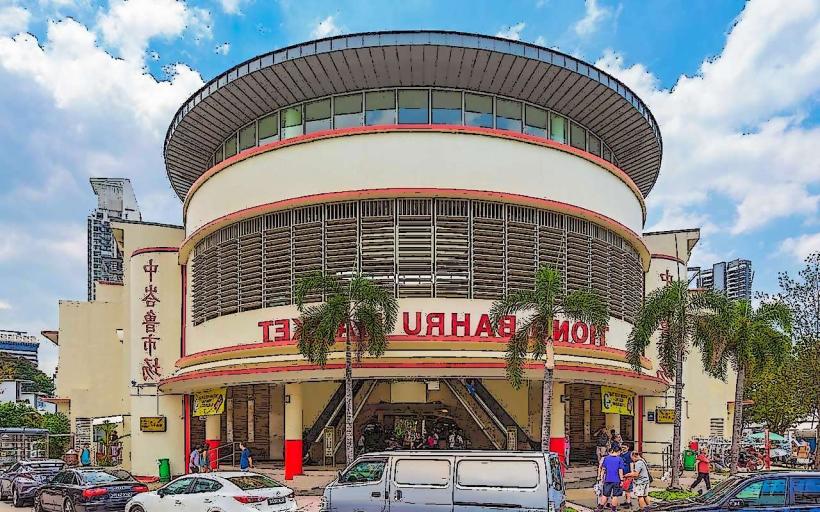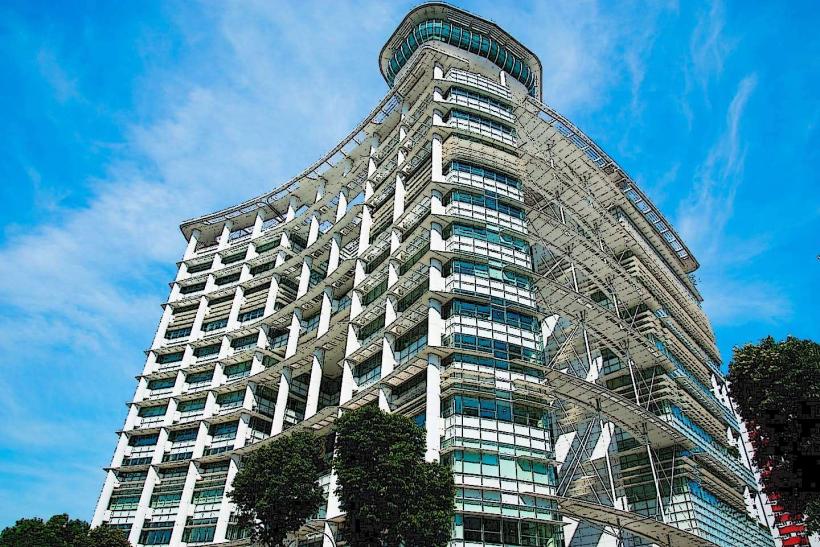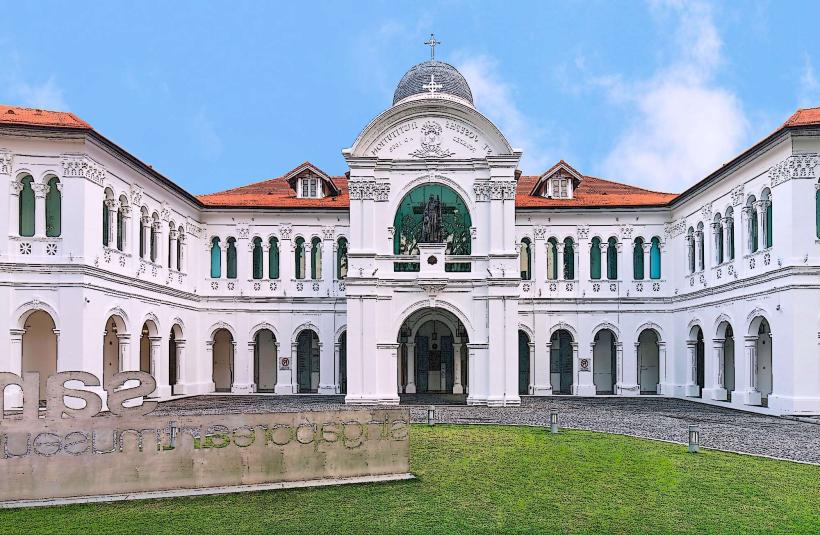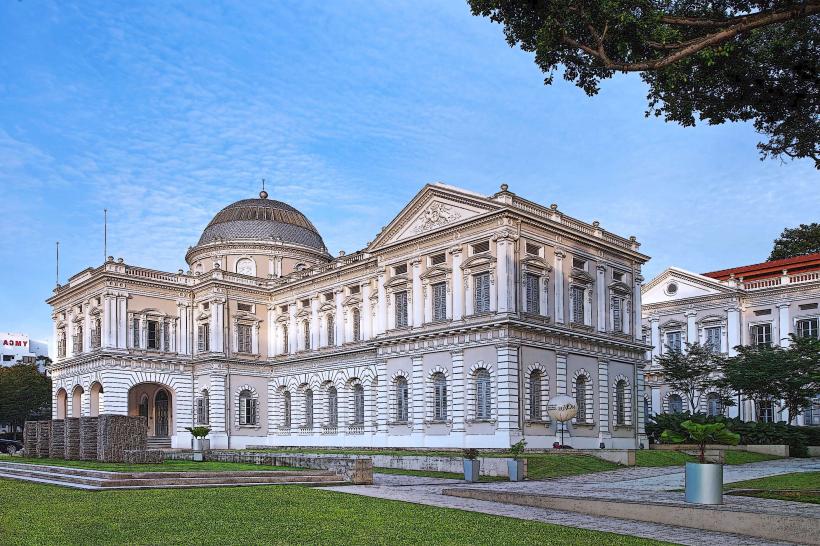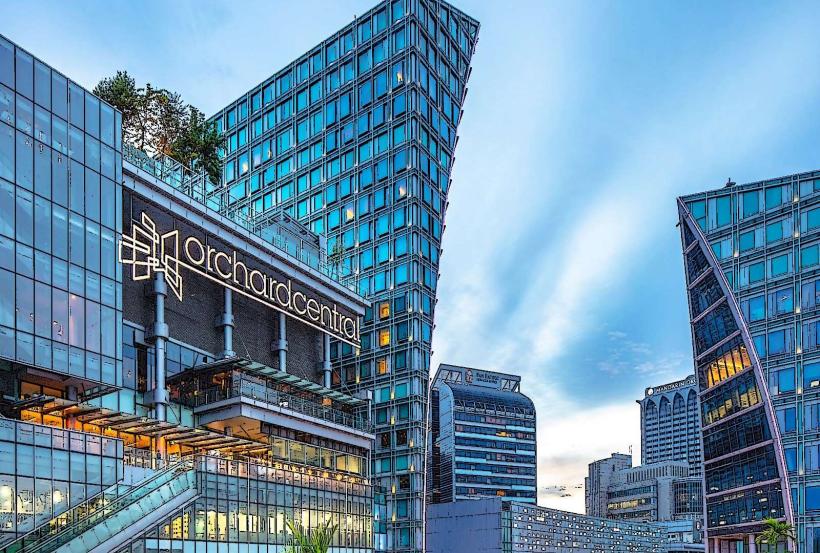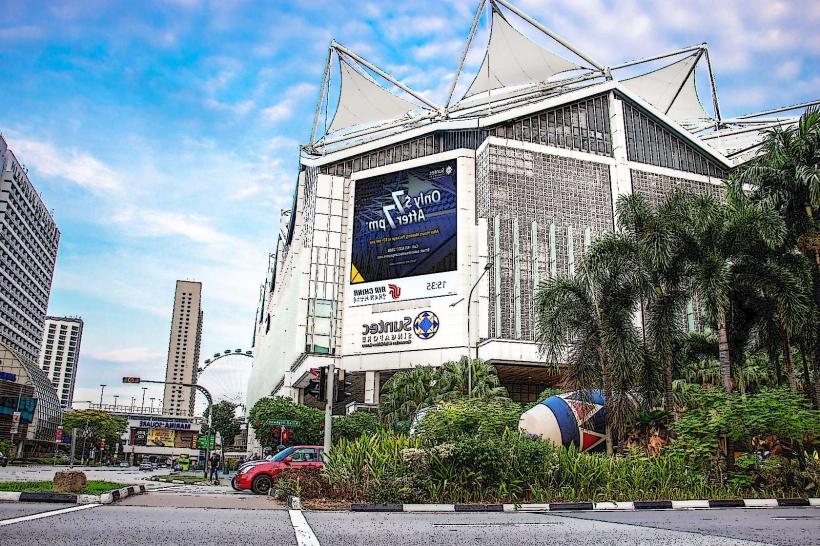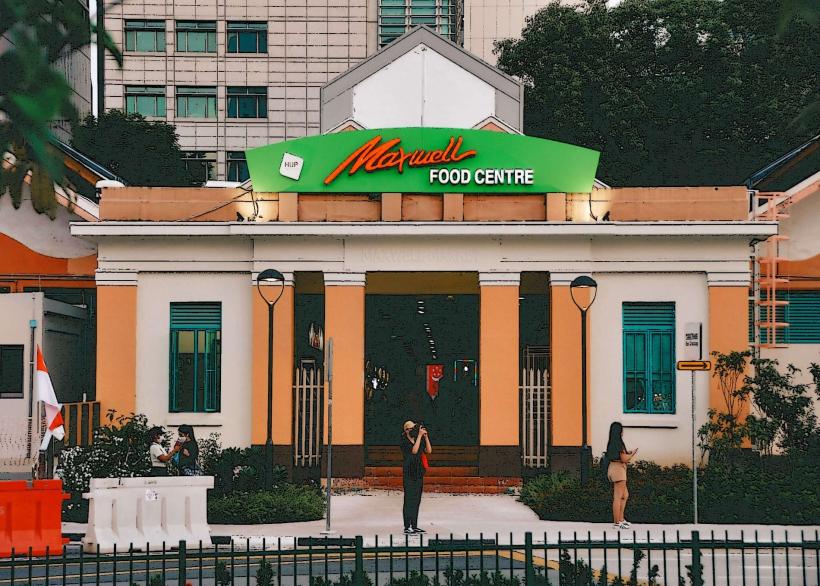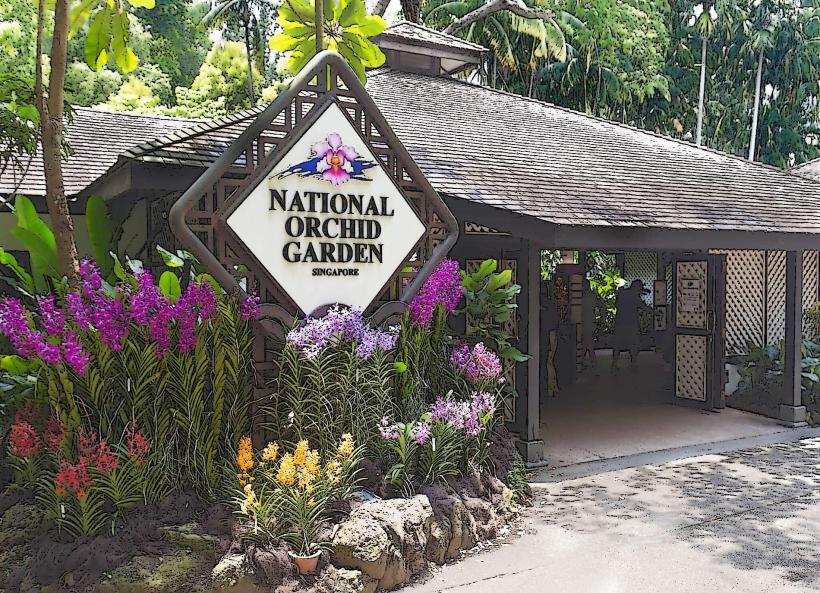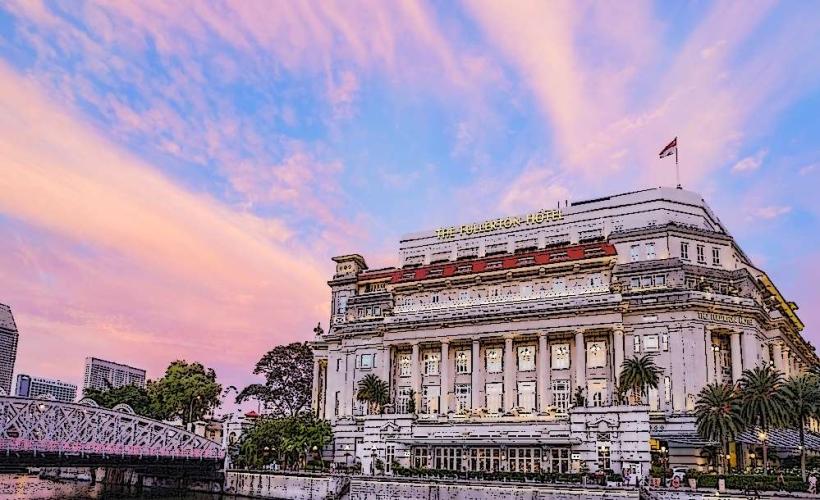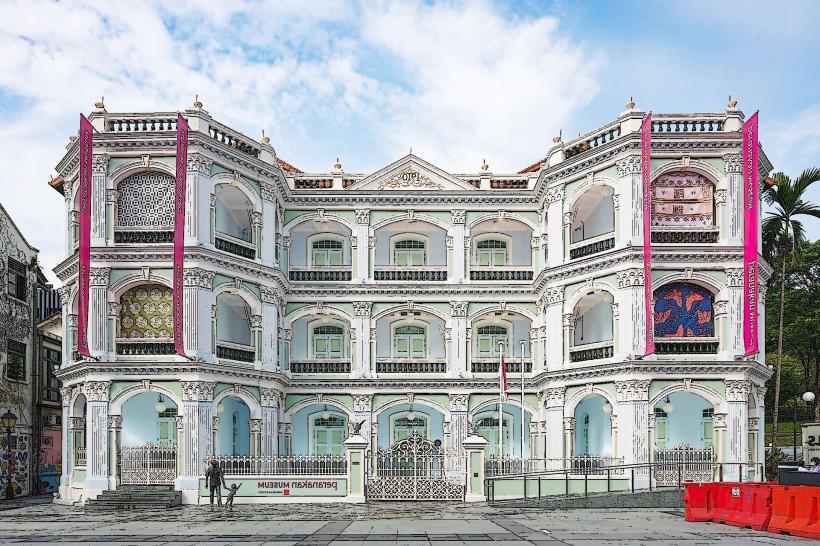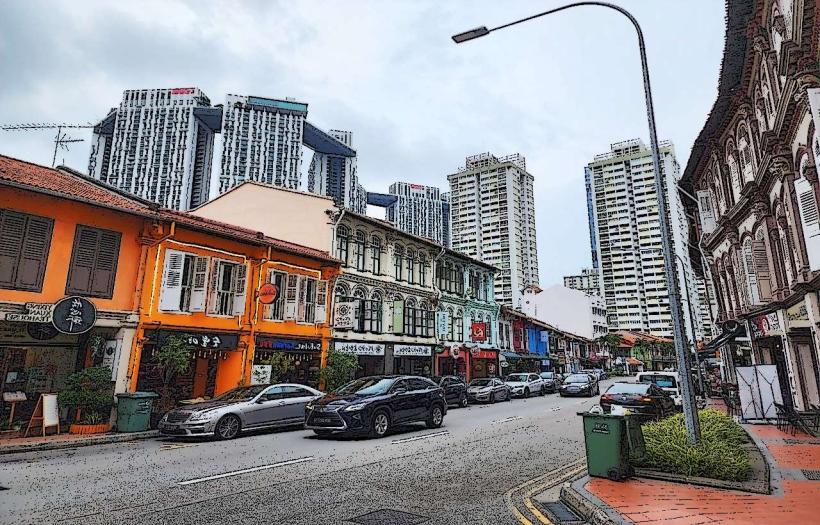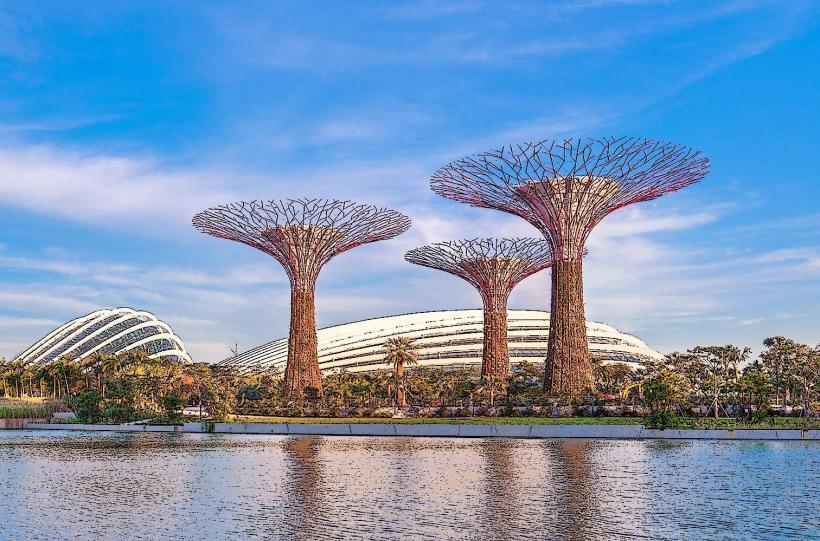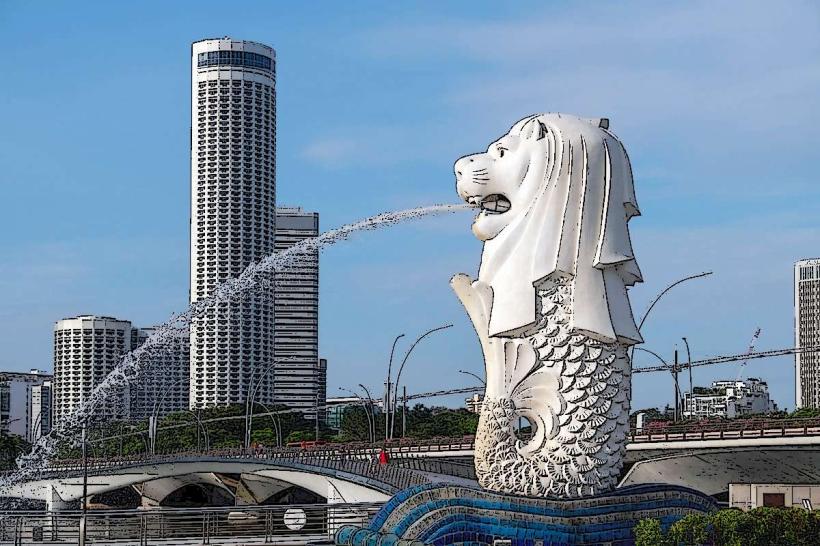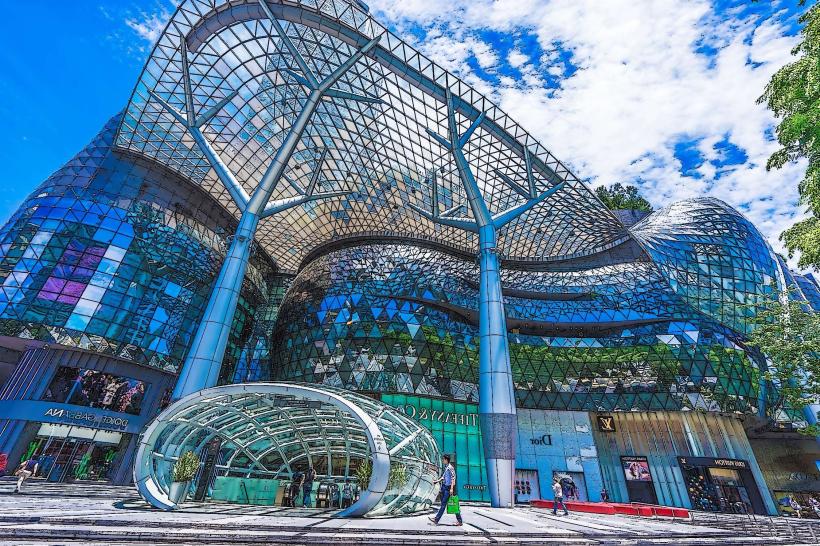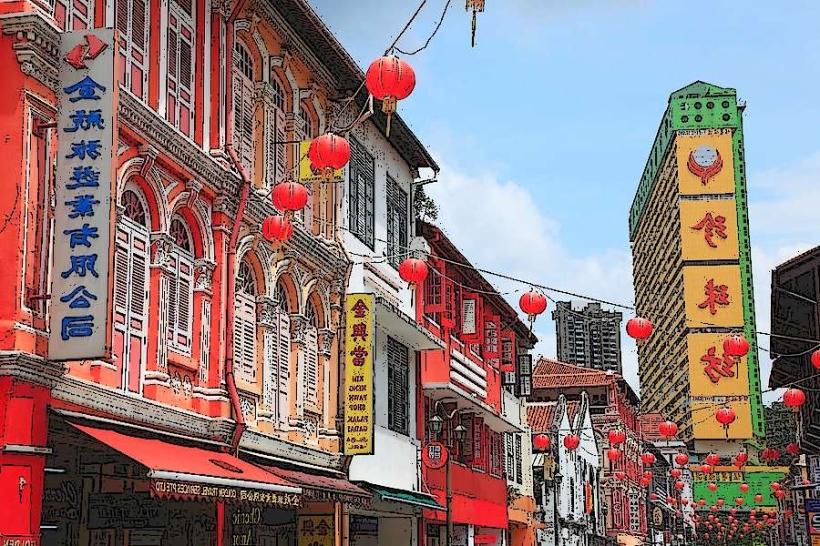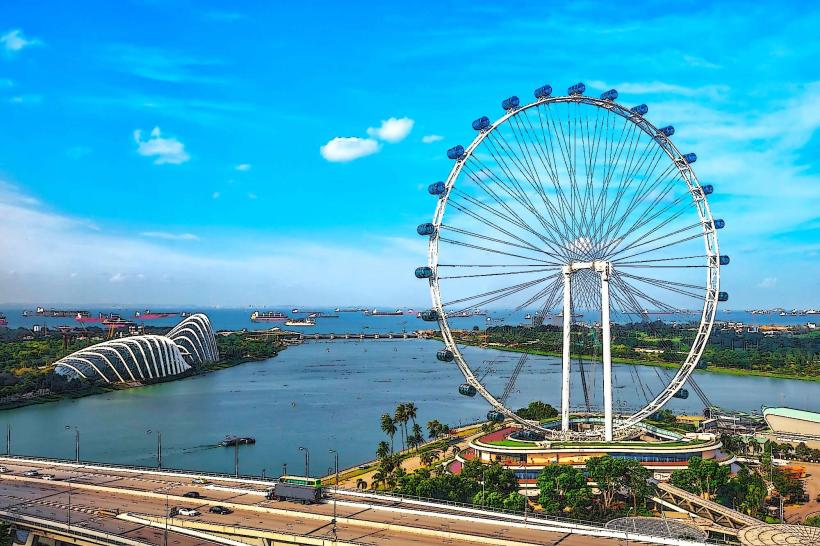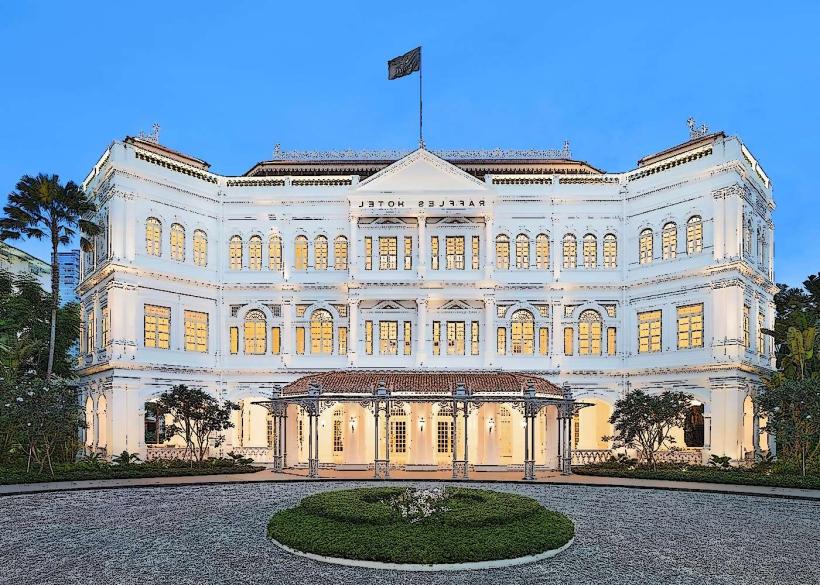Information
Landmark: Singapore Botanic GardensCity: Central Region
Country: Singapore
Continent: Asia
Singapore Botanic Gardens, Central Region, Singapore, Asia
The Singapore Botanic Gardens is a 160-year-old tropical botanic garden located in the Central Region of Singapore. It functions as a research center and a public recreational space.
Visual Characteristics
The gardens cover 82 hectares and feature diverse plant collections. Key areas include the National Orchid Garden, which displays over 60,000 orchid plants, and the Ginger Garden, showcasing approximately 200 species of ginger. The landscape incorporates lakes, lawns, and themed gardens, with mature trees providing canopy cover.
Location & Access Logistics
The gardens are situated approximately 5 kilometers north of the Central Business District. Access is via Dunearn Road and Cluny Road. Parking is available at multiple designated lots within the gardens, with capacity for approximately 500 vehicles. Public transport options include the Circle Line MRT (Botanic Gardens station) and several bus routes (e.g., 105, 156, 174) that stop along the perimeter.
Historical & Ecological Origin
Established in 1859 by the Agri-Horticultural Society, the gardens were initially intended for experimental cultivation of tropical crops. The current site was selected for its fertile soil and proximity to the city. It is classified as a tropical rainforest biome, adapted to the equatorial climate.
Key Highlights & Activities
Visitors can explore the National Orchid Garden, the Ginger Garden, and the Evolution Garden. The Symphony Lake hosts free concerts by the Singapore Symphony Orchestra. Guided walks focusing on specific plant collections are offered daily. The Jacob Ballas Children's Garden provides interactive educational experiences for younger visitors.
Infrastructure & Amenities
Restrooms are located throughout the gardens. Shaded areas are provided by mature trees and gazebos. Cell phone signal (4G/5G) is generally consistent across the grounds. Food and beverage options are available at several cafes and restaurants within the gardens, including The Halia and Food Canopy.
Best Time to Visit
For optimal lighting for photography, early morning (07:00-09:00) or late afternoon (17:00-18:30) is recommended. The weather is consistently warm and humid year-round. Rainfall is common in the afternoons, particularly during the monsoon seasons (November to January and May to September).
Facts & Legends
The gardens are home to a specimen of the Dyera costulata tree, also known as the Jelutong, which is over 100 years old and stands at approximately 40 meters tall. A specific tip for visitors is to look for the rare Paphiopedilum sanderianum orchid, characterized by its exceptionally long, trailing petals, located in the National Orchid Garden's cool house.
Nearby Landmarks
- National Orchid Garden (within the Botanic Gardens)
- Singapore Chinese Garden (2.5km Southwest)
- Singapore Japanese Garden (2.7km Southwest)
- National University of Singapore (3.0km West)
- ION Orchard (4.0km Southeast)

